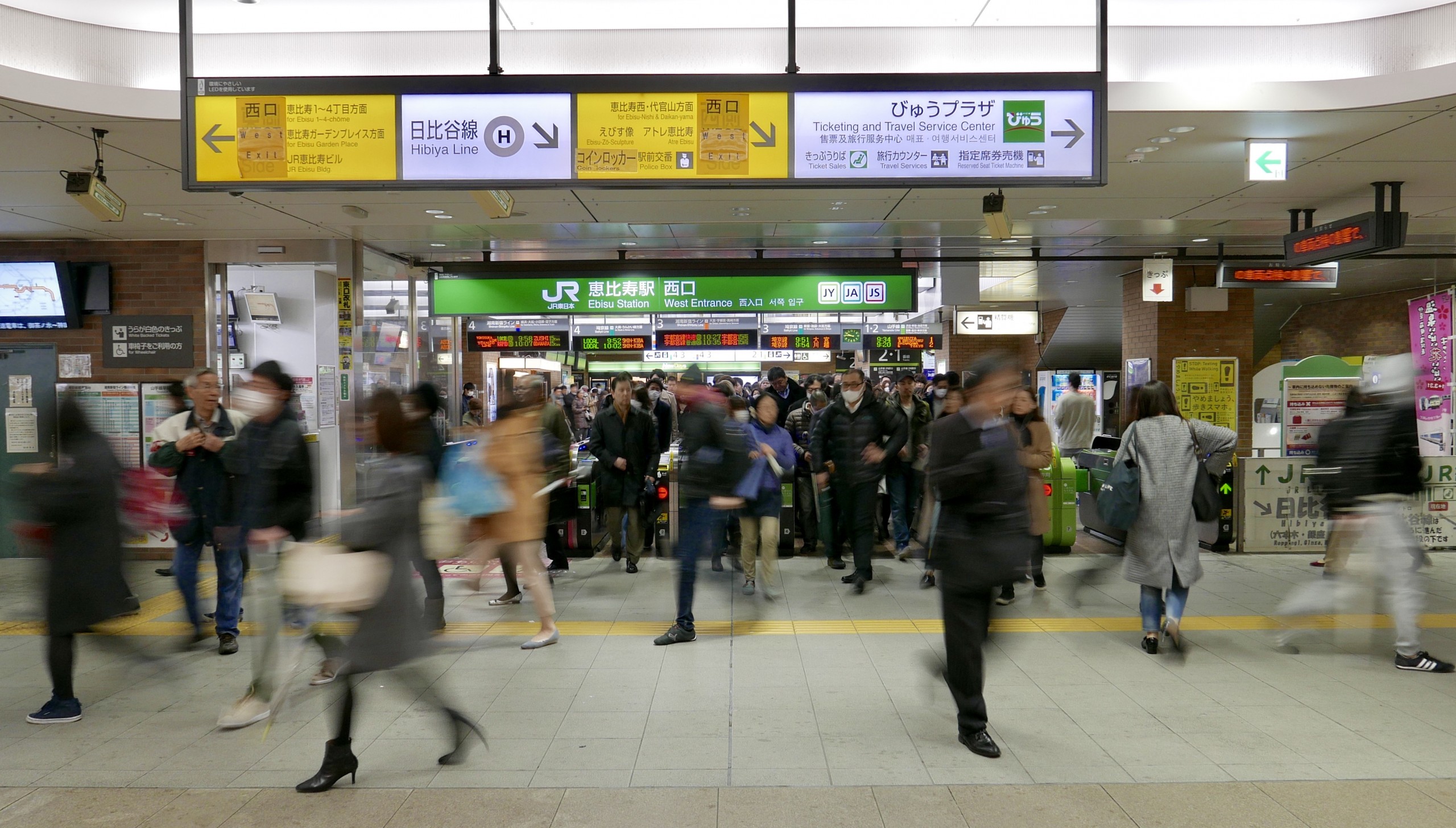Are you busy? Those of you old enough to remember working life before computers might also remember the promises that technology offered when it arrived on the scene. In the late 1980s, some social researchers were genuinely concerned about the risks of people having insufficient purpose if they had too much spare time on their hands.
It’s fair to say things didn’t quite work out like that!
Email has provided us with an incredibly convenient way of communicating, and mobile technologies have taken this further still. It’s now almost impossible to get away from checking and responding to emails and other social media messages – to truly ‘clock off’.
More recently, while Zoom, Teams, etc. have been lifesavers in terms of helping us work through the pandemic, they have also given rise to workdays of wall-to-wall meetings without the opportunity to even take a five-minute break between them.
(Research by Microsoft indicates that during 2020, average meeting times grew from 35 minutes to 45 minutes – just one of numerous indicators that the intensity of our workdays has increased significantly over the last year.)
In short, while they’ve undoubtedly provided benefits, technological innovations have increased our time in front of screens and increased our concerns around not having enough time. We are constantly busy.
The cluttered desk of the past has been replaced by the cluttered mind of the present.
Unfortunately, through all this, despite concepts like ‘life balance’ and ‘self-care’ being talked about more often, the idea of ‘busyness’ is still widely worn as a badge of honour.
How often are you greeted with a variation of ‘busy’ in response to asking someone how they are? ‘I’m so busy.’ ‘I’m busier than ever.’ ‘I’m busy just keeping my head above water.’
Perhaps you find yourself using these expressions yourself?
The term ‘busy’ has evolved layers of meaning beyond the simple idea of having a lot on. It often feels that to not be busy in today’s world somehow makes you guilty of not pulling your weight. It can also have a below-the-line implication that ‘my work is more important than yours’, or that ‘I don’t have time to hear about your problems’.
In situations like this, when the meaning of a word or phrase is drifting away from its original definition in potentially emotionally unhealthy ways, often the best thing we can do as a start is to reframe the term.
We do this in our work quite often. We encourage those we work with to replace the word ‘issue’ (with its underlying implication that there’s a problem) with the word ‘situation’. We talk about ‘both…and’ rather than ‘either…or’. We approach each day with an intent to how we want to be, in contrast to having an intention of what we want to do.
When it comes to being busy, we offer the alternative of having many things to do. The difference may seem subtle, however, physiologically, this change in language alone offers a more ‘relaxed’ approach to what is ahead.
Try it yourself. Simply say the word ‘busy’ and notice how you can feel the muscles around your mouth stretching and your lips becoming tight as the word is pushed forward. On the other hand, when ‘I have many things to do’ is spoken, the muscles are relaxed, the words flow and less effort is certainly required.
Importantly, using a term that is focused on what I have to do, as opposed to me being busy, also removes any potentially hidden meaning from the expression. This benefits ourselves and those around us.
Gayle


Thanks for this helpful advice on reframing busy-ness Gayle. You nailed
It (again)!
Thanks Gayle – yes we are very mindful not to get in the ‘busy’ trap and have replaced this with more affirming language – focused, delivering, creative, managing our priorities, adding value where it counts the most… Becoming conscious of what we focus on and most importantly how we impact the world is so important now. Thanks again for highlighting useful ways to consciously live with more purpose.